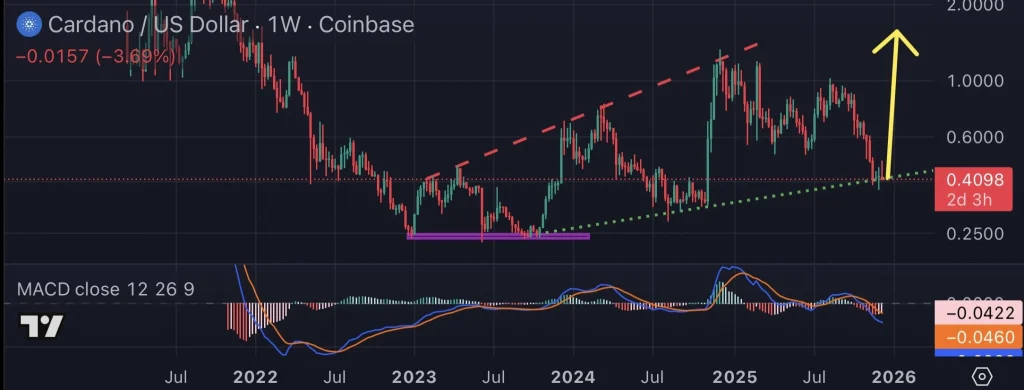Bitcoin Could See ‘Silly, Monopoly-ish’ Upside Amid Quiet Accumulation by Sovereign Wealth Funds and Others: Diem Co-Creator
Christian Catalini, the co-creator of the Diem project and the chief strategy officer at the crypto firm Lightspark, is outlining how the corporate world should tackle Bitcoin ( BTC ).
In a post for the Harvard Business Review, Catalini says that the financial world is moving toward a “money-as-software” thesis, with the Bitcoin network positioned as the neutral settlement plumbing and the BTC token as the “meter on the pipe.”
If the bull case fully plays out, Catalini, who’s also the founder of MIT Cryptoeconomics Lab, says BTC would likely see “monopoly-ish” margins amid the quiet accumulation of sovereign wealth funds and marquee brands.
“If that happens, it’s a many-multiples story, because financial toll roads throw off silly, monopoly-ish margins. The bear case is also software: a better stack ships, or the rulebook changes mid-game, and the network effects run backward. Then the token is effectively equity in a platform that lost product-market fit.
CEOs and CFOs don’t have to pick a side; they have to pick an allocation. If Bitcoin becomes the operating system for money, you own enough to matter. If it doesn’t, you’re still solvent—which is, after all, the job.”
The industry veteran also believes that Bitcoin could be in for a “winner-takes-most” scenario if its network is utilized for more than just a store of value or macroeconomic hedge, creating something similar to the Mastercard/Visa duopoly.
“Of course, the asset and the network are deeply intertwined, and any setback in Bitcoin’s store-of-value role would quickly unravel the value of its settlement layer. The converse is also true: as the network scales, Bitcoin can evolve from a store of value into more of a medium of exchange—something that has happened before in monetary history. That is the bull scenario for the cryptocurrency: one where it delivers not only neutral money but also neutral infrastructure for a wide range of financial services.
Network effects of this type are typically winner-take-most—sometimes resulting in an awkward duopoly, as we’ve seen with the card networks. And while holding Bitcoin doesn’t confer control rights or dividends like equity, investors capture upside through the native token’s price appreciation.”
Generated Image: Midjourney
Disclaimer: The content of this article solely reflects the author's opinion and does not represent the platform in any capacity. This article is not intended to serve as a reference for making investment decisions.
You may also like
Big Breaking: Ripple Wins Conditional OCC Approval to Launch Its Own US National Trust Bank
Why is Crypto Going Down Today?
Top Reasons Why Cardano Price May Rebound Towards ATH Soon

Brazil’s Largest Bank Itaú Backs Bitcoin as Long-Term Portfolio Hedge
